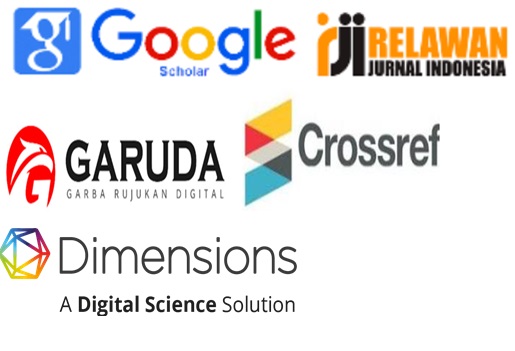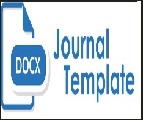PENERAPAN MODEL PROBLEM BASED LEARNING (PBL) UNTUK MENINGKATKAN LITERASI DIGITAL SISWA BERBASIS TPACK PADA PEMBELAJARAN BIOLOGI SISWA SMA
Abstract
In the context of digital literacy, everyone needs the ability to access, analyze, create, reflect and act using a variety of digital devices, various forms of expression and communication strategies. The Problem-Based Learning (PBL) learning model is a learning model that is closely related to the digital literacy context. The constructivist principle in PBL has the characteristic that applying an approach can encourage students to become active learners, able to learn independently, collaboratively and contextually. The type of research in this research is Classroom Action Research. Classroom Action Research (PTK) The implementation of this research was carried out at SMA N 1 Rantau Selatan in 2 stages, namely Cycle 1 and Cycle 2. The implementation of this research was carried out with a plan or design from the PTK using a model in the form of a spiral, where the research flow was in the form of planning. ), action (action), observation (observation), and reflection (reflection). Using the Problem Based Learning learning model in school learning can improve students' digital literacy skills in Biology subjects. This is based on the data stated in the discussion, which is 10.5% (high scientific literacy), Cycle I 68% (very high digital literacy) and increasing rapidly in Cycle II 80.5% (very high digital literacy). Every increase in results from tests and questionnaires can show that the Problem Based Learning Model can improve students' literacy activities in cognitive and psychomotor aspects of understanding.
Full Text:
PDFDOI: https://doi.org/10.36987/jmapen.v5i1.6015
Refbacks
- There are currently no refbacks.



